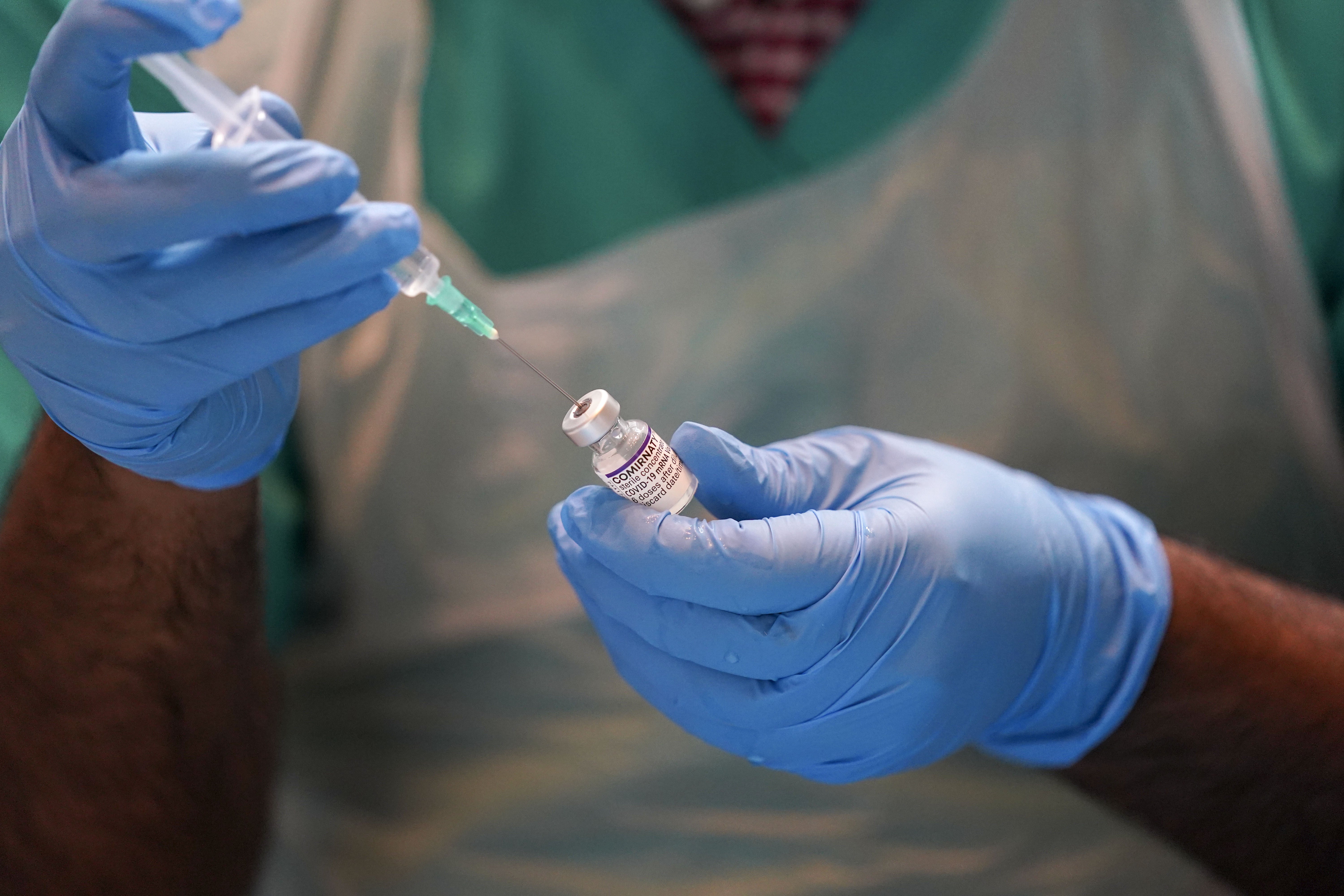Study recruits immunocompromised people to assess Covid prevention
These patients tend to be the least likely to develop an antibody response following vaccination.

Your support helps us to tell the story
From reproductive rights to climate change to Big Tech, The Independent is on the ground when the story is developing. Whether it's investigating the financials of Elon Musk's pro-Trump PAC or producing our latest documentary, 'The A Word', which shines a light on the American women fighting for reproductive rights, we know how important it is to parse out the facts from the messaging.
At such a critical moment in US history, we need reporters on the ground. Your donation allows us to keep sending journalists to speak to both sides of the story.
The Independent is trusted by Americans across the entire political spectrum. And unlike many other quality news outlets, we choose not to lock Americans out of our reporting and analysis with paywalls. We believe quality journalism should be available to everyone, paid for by those who can afford it.
Your support makes all the difference.A study is recruiting 35,000 immunocompromised people to determine their body’s response to Covid-19 vaccination and future risk of infection, hospital admission and survival over six months.
The aim is to inform vaccination strategies and identify those who could benefit from other interventions.
People who are immunocompromised tend to be the least likely to develop an antibody response following vaccination against coronavirus.
Even within this group there are huge variations between individuals and different immune conditions.
Research suggests that overall this group is more likely to have severe infection with increased morbidity and mortality, even following two vaccine doses.
The Joint Committee on Vaccination and Immunisation advised that this group of patients receive a third primary dose of vaccine, which was extended to a fourth three months after the third.
The Melody study (Mass evaluation of lateral flow immunoassays in detecting antibodies to SARS-CoV-2) aims to recruit more than 35,000 people who are at least 21 days following their third vaccine dose, and follow them for six months.
It will investigate the proportion of immunosuppressed patients who have detectable Covid antibodies following three jabs, and also look at whether a lack of an antibody response correlates with the subsequent risk of infection and severity of the disease.
The study will be investigating solid organ transplant recipients, people with blood cancer and people with rare autoimmune conditions receiving immunosuppression.
Transplant recipients can self-register by going to www.melodystudy.org.
Professor Fiona Watt, executive chairwoman of the Medical Research Council (MRC) said: “This new research – funded by MRC in partnership with others – will examine how best to protect people with impaired immune systems from developing Covid-19.
“People are now receiving their third doses of Covid-19 vaccines, and very shortly their fourth.
“This time-critical research will assess their antibody responses and how they impact on hospitalisation and survival.”
The research is being funded in collaboration with several health charities including Kidney Research UK, Blood Cancer UK, Vasculitis UK, and the Cystic Fibrosis Trust, and it will be led by researchers at Imperial College London.